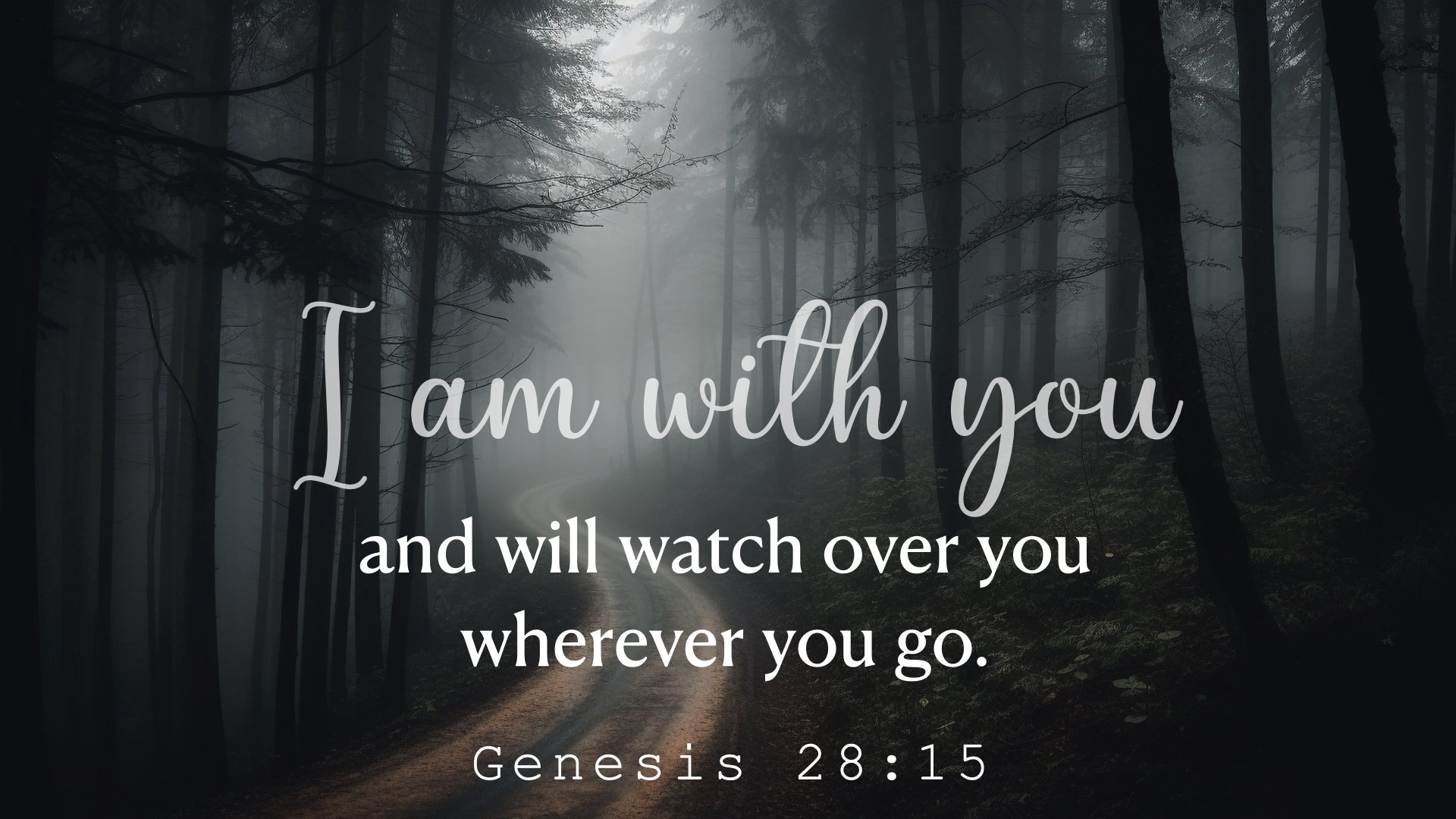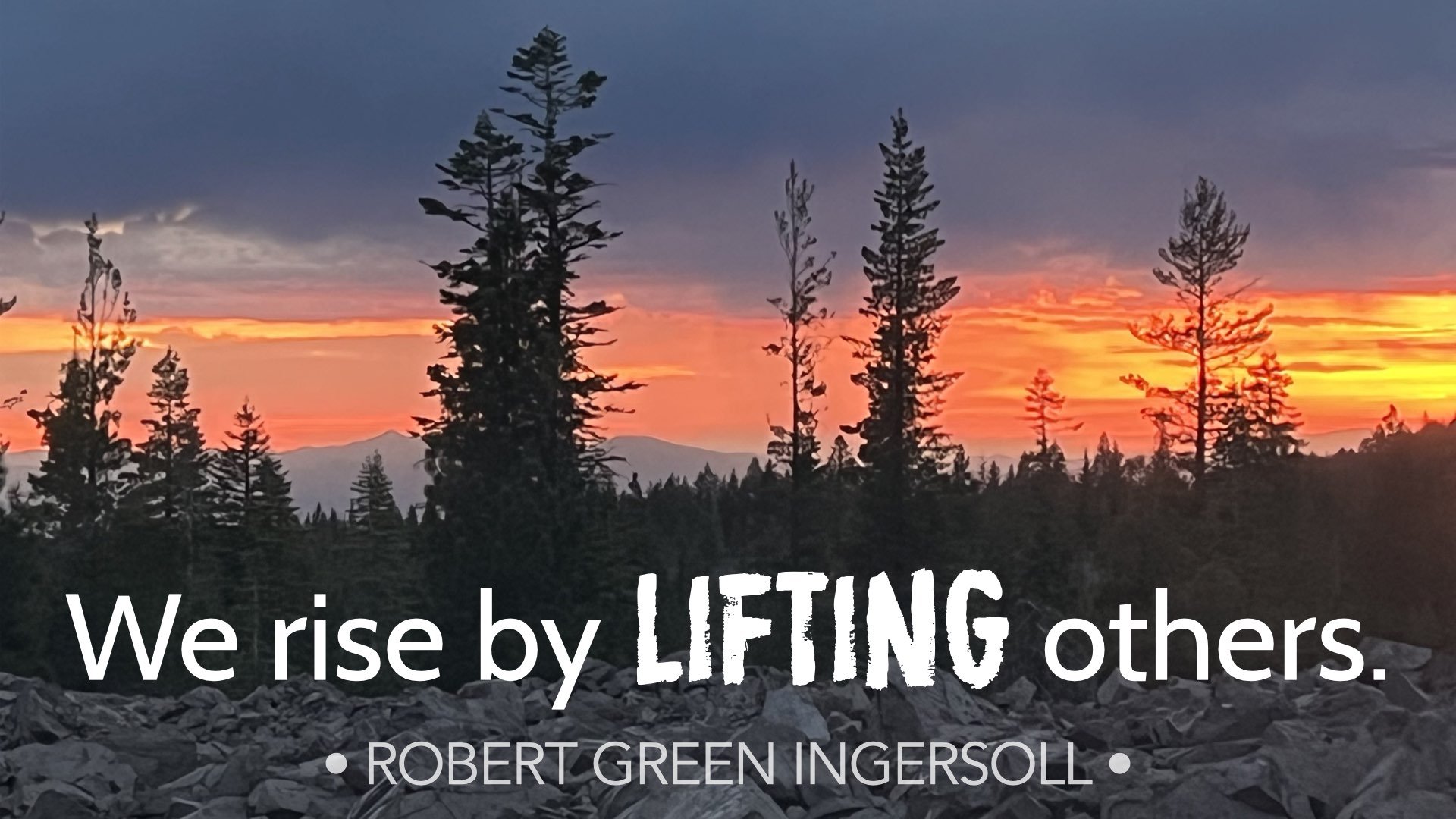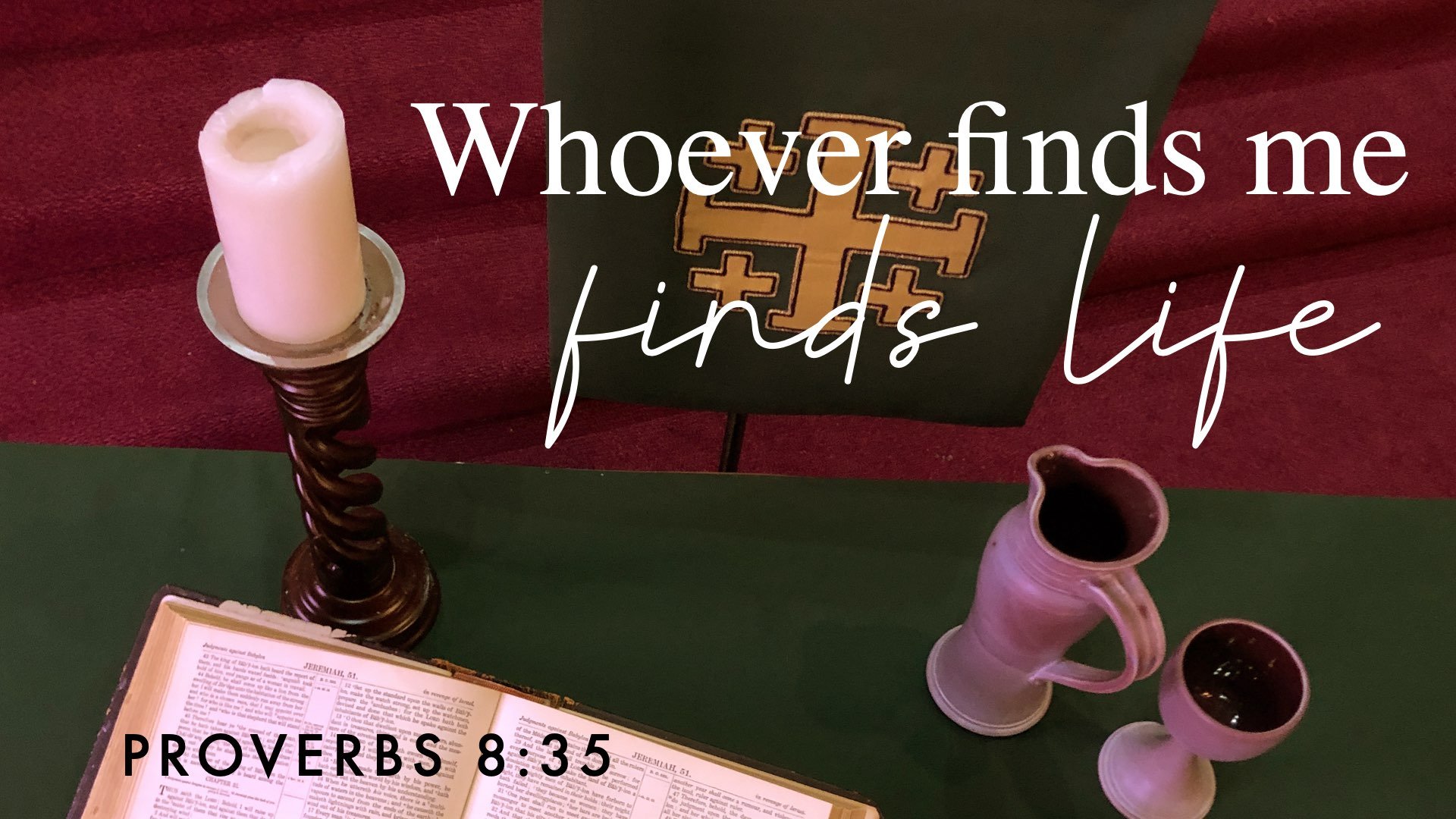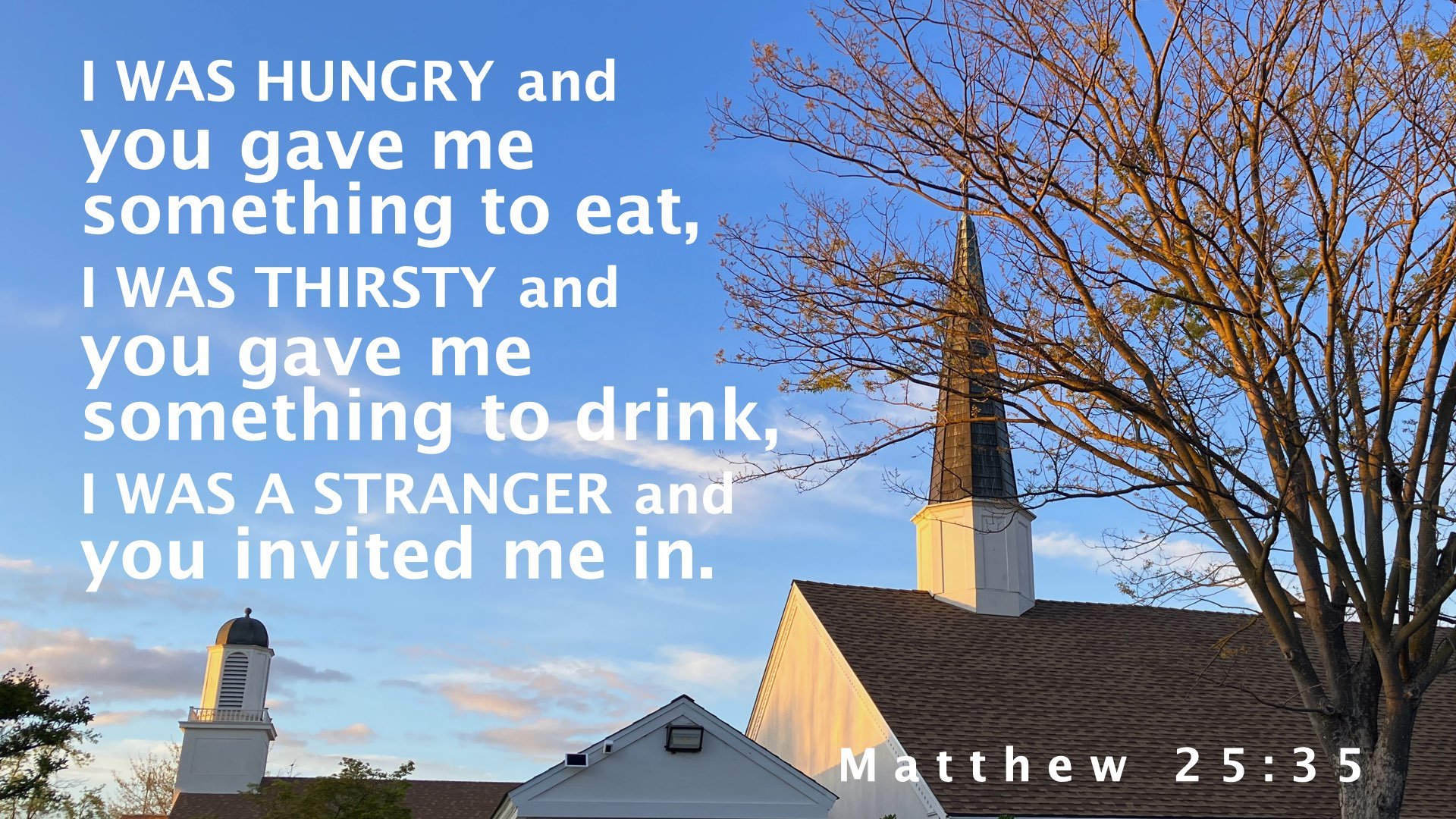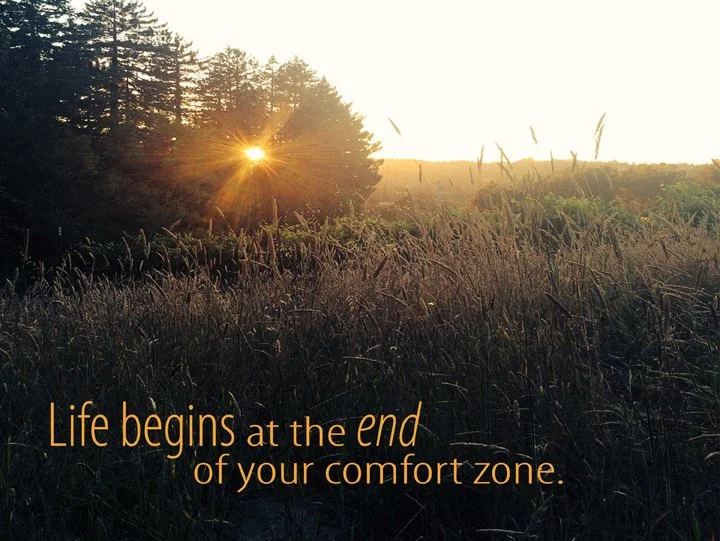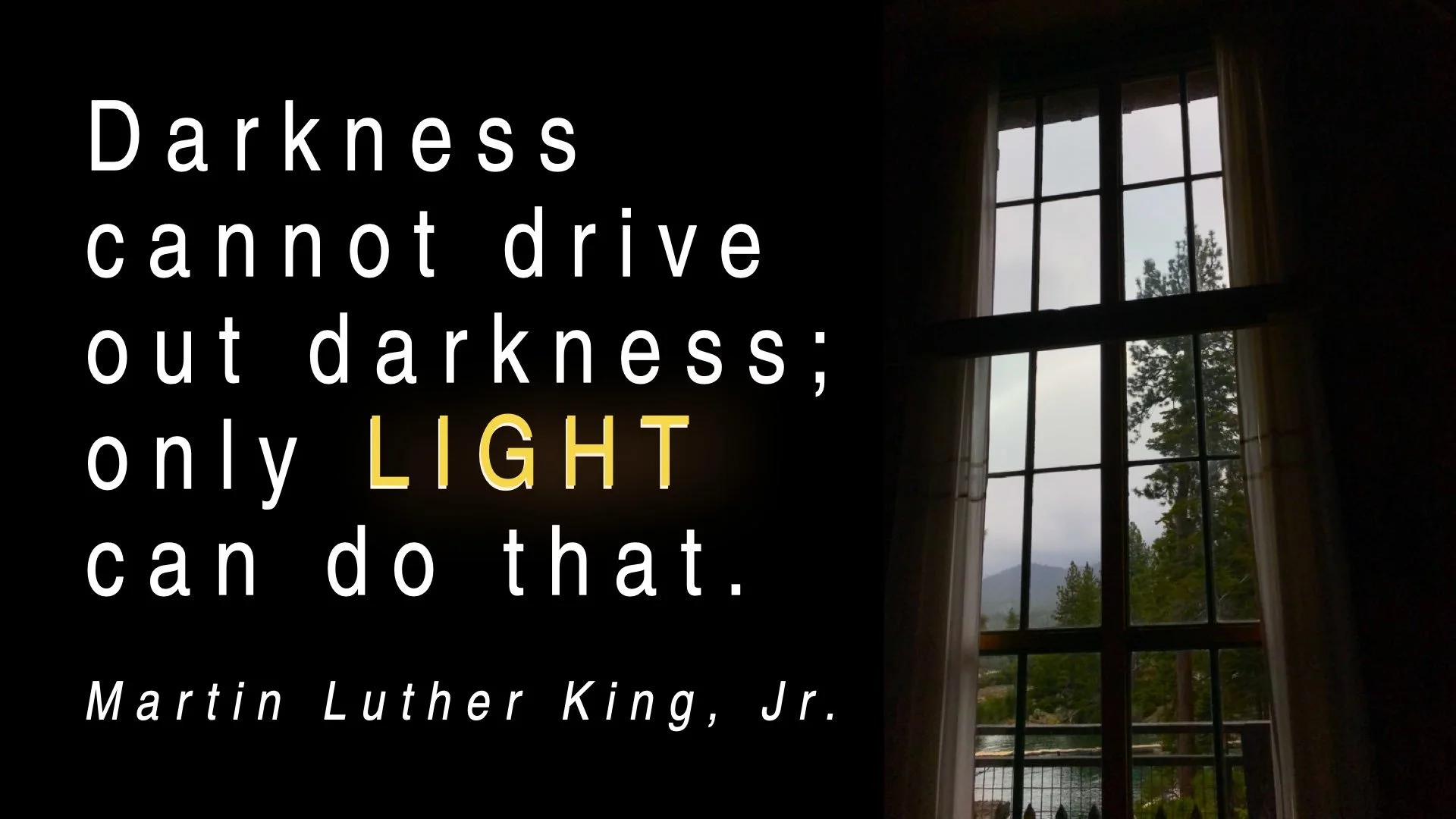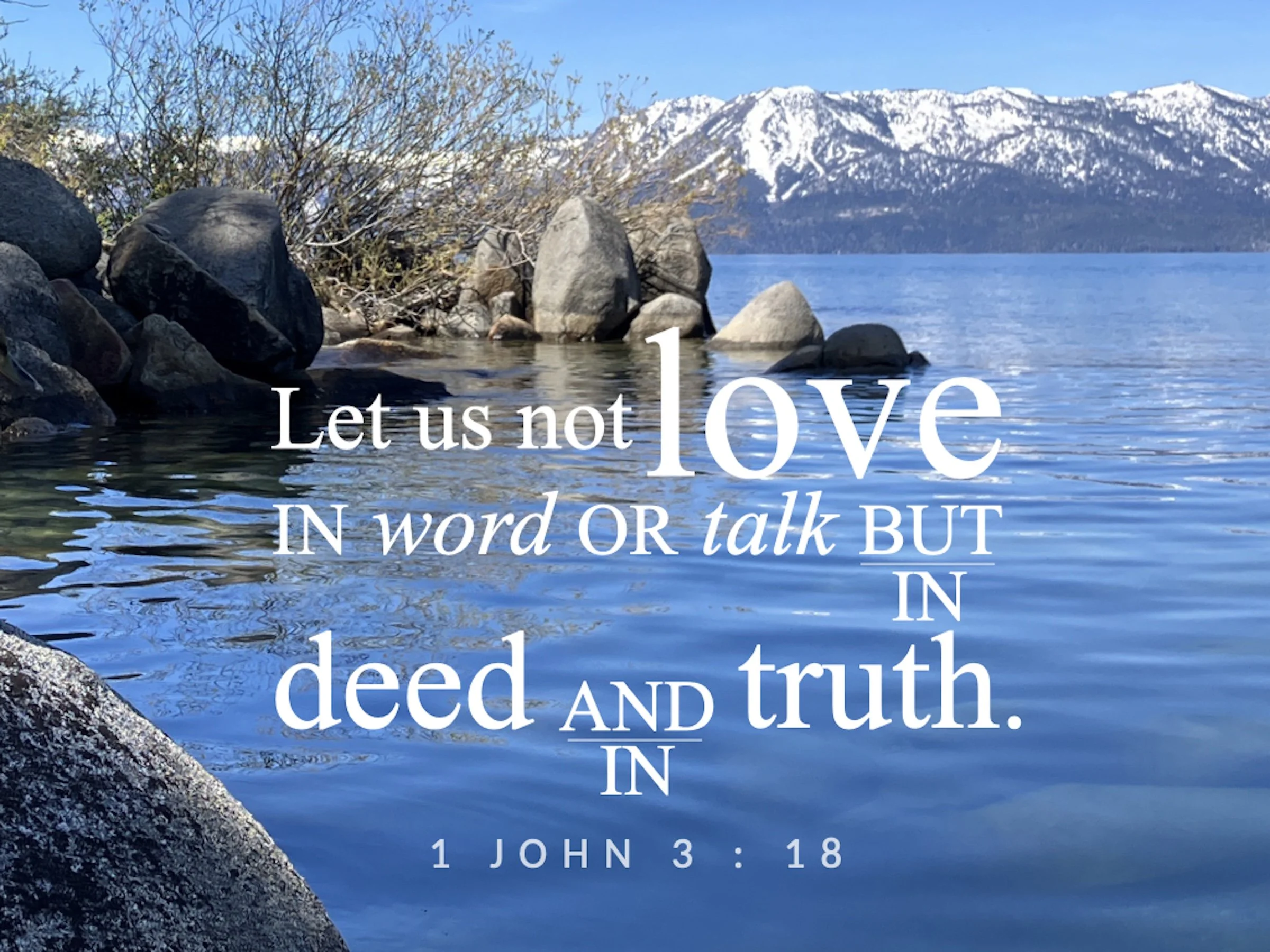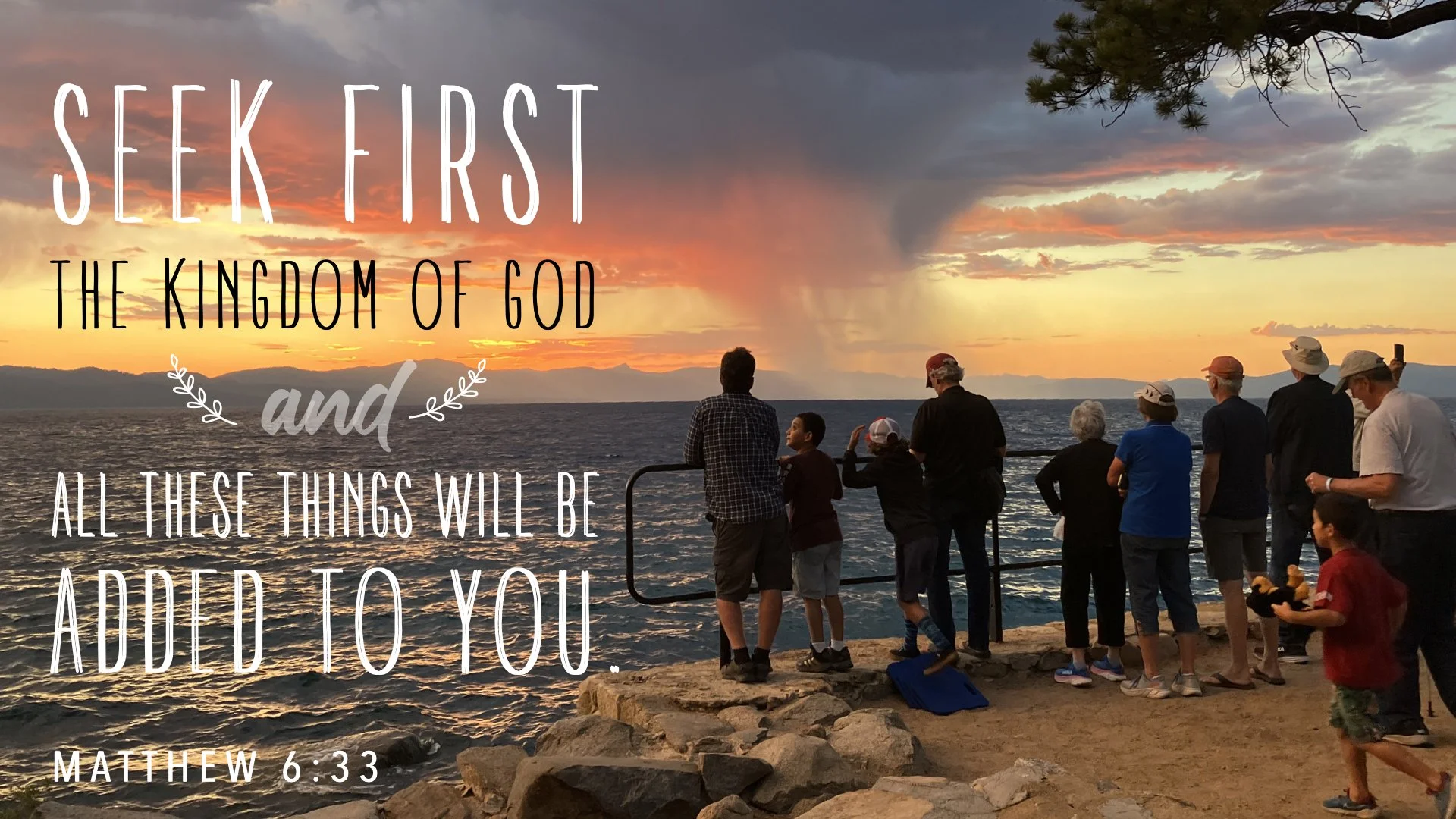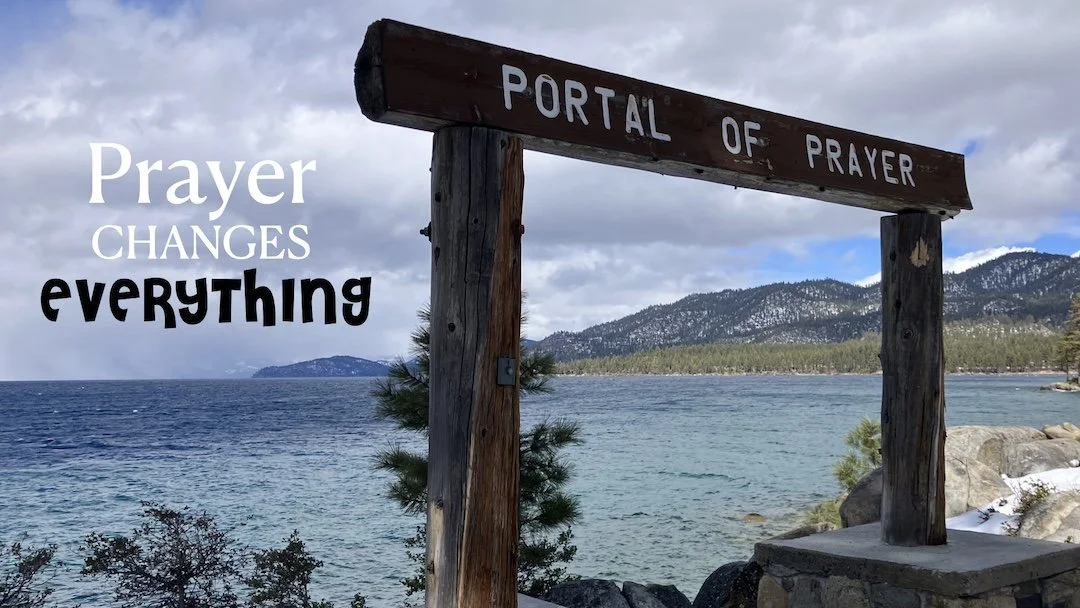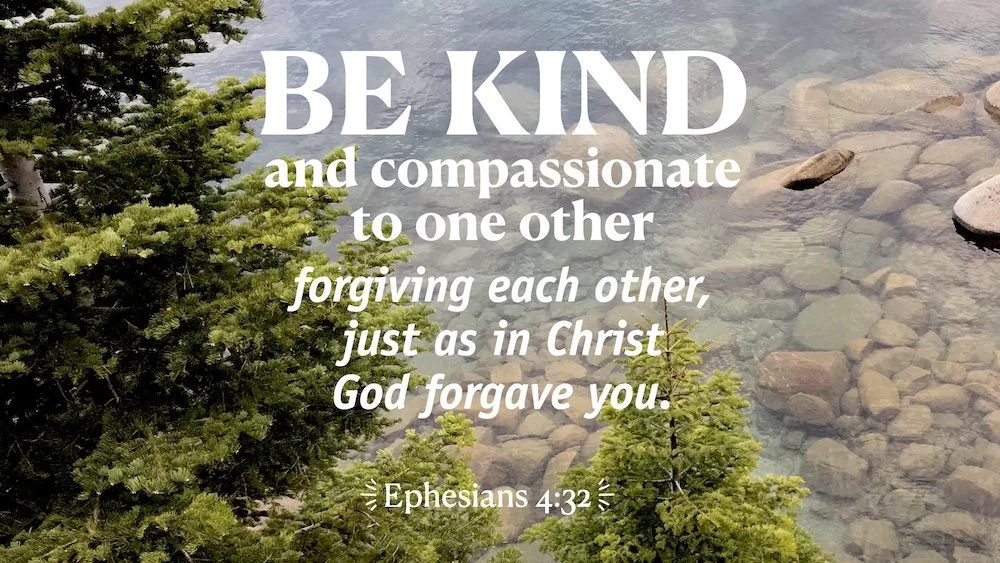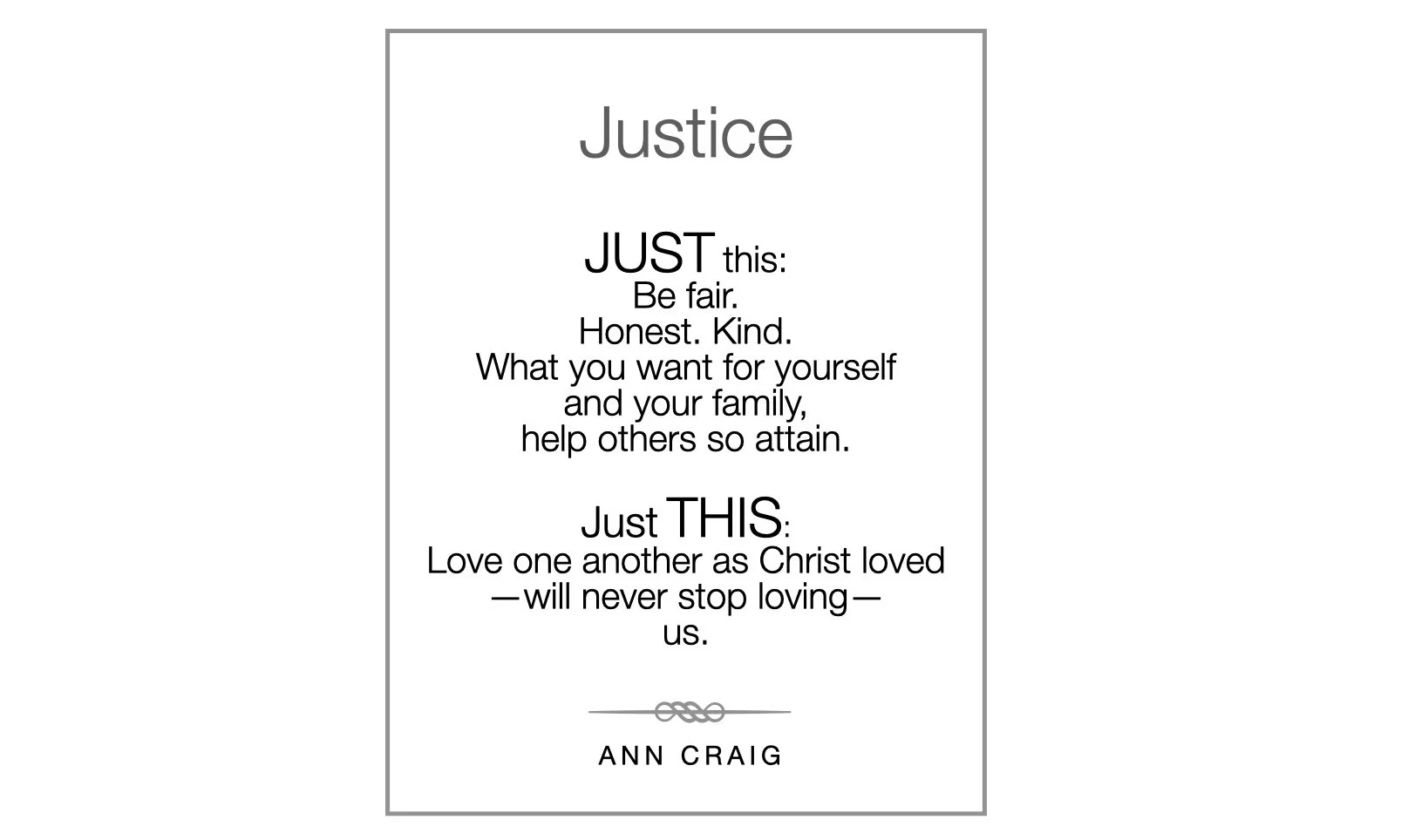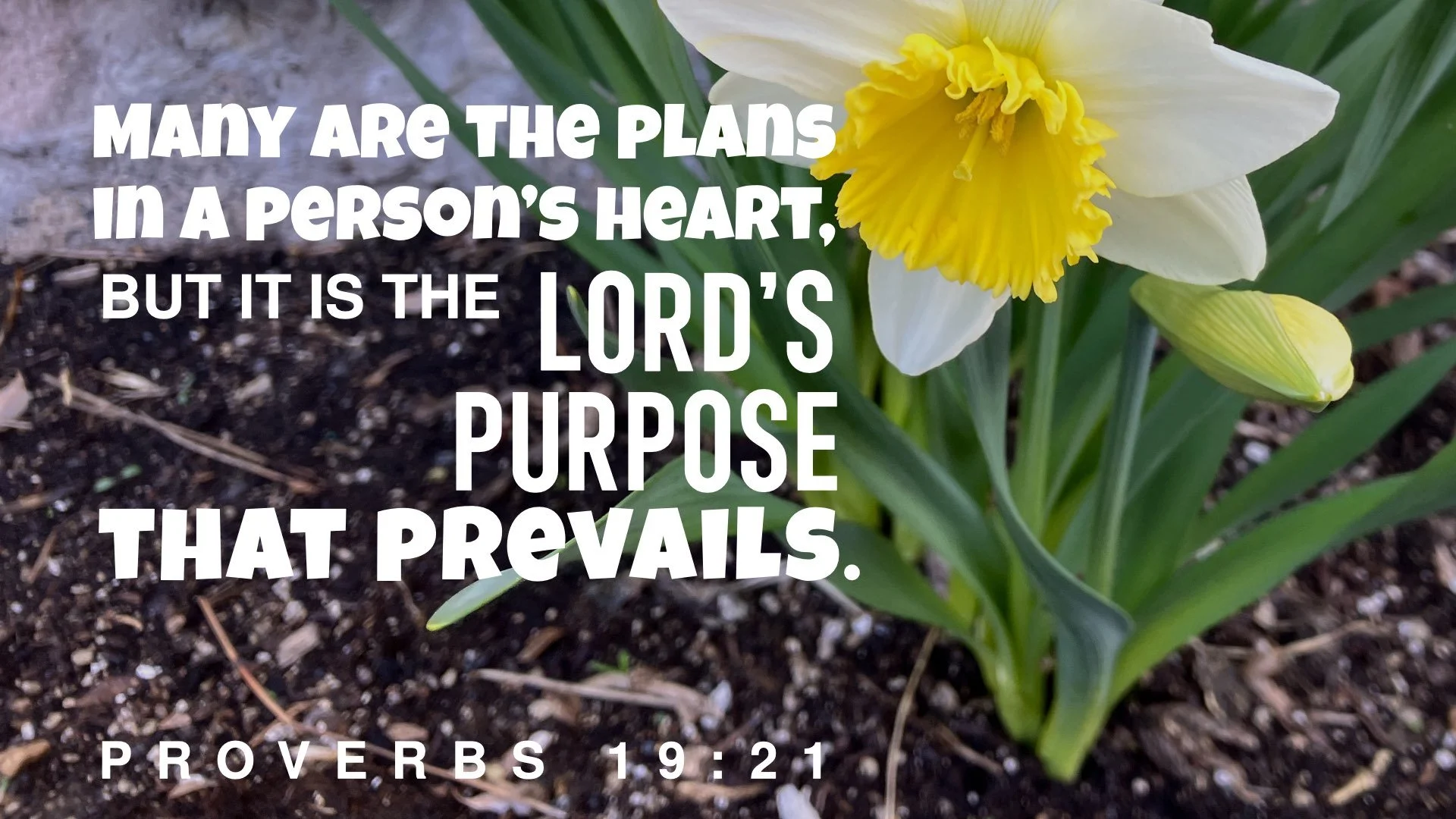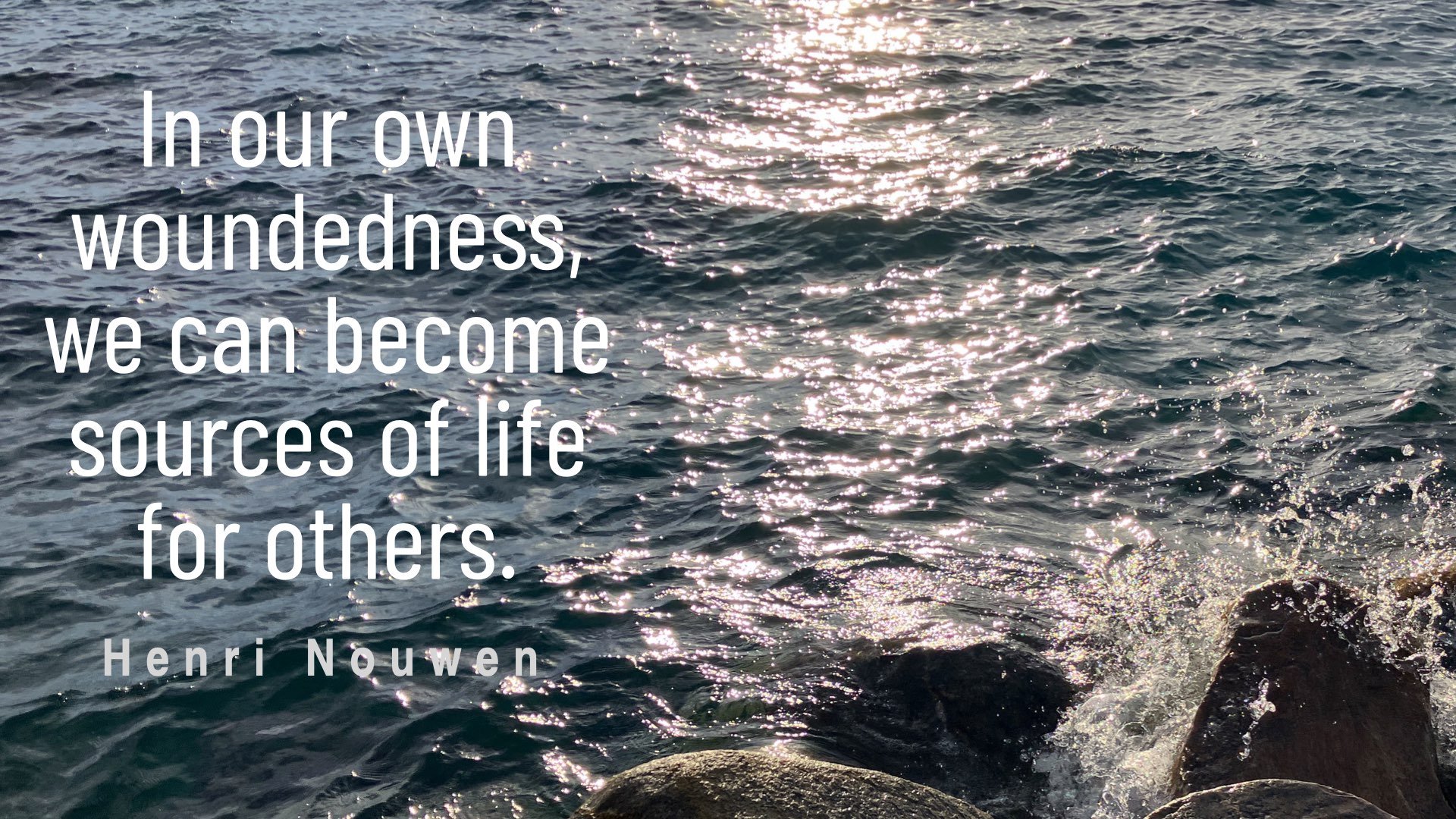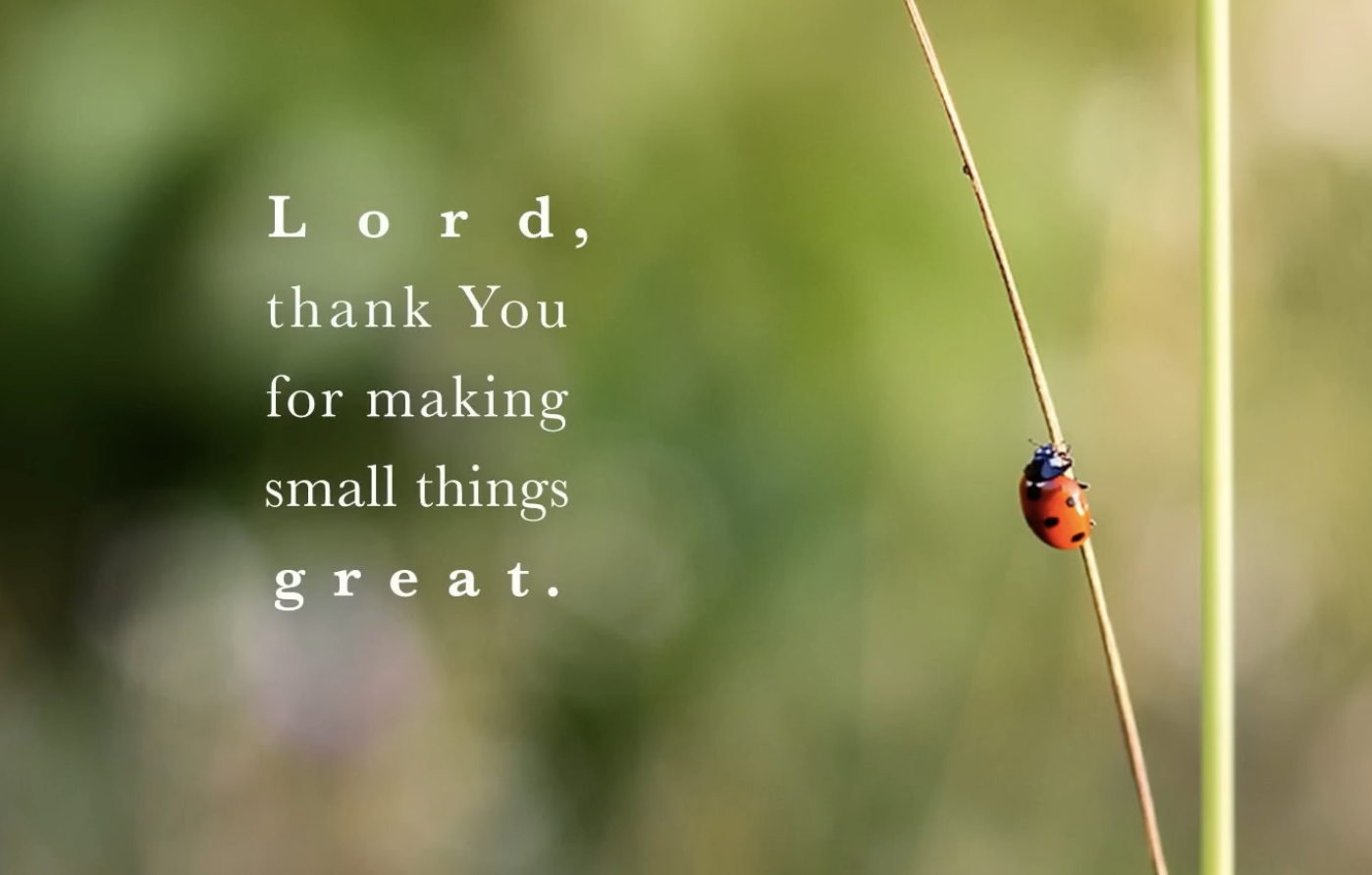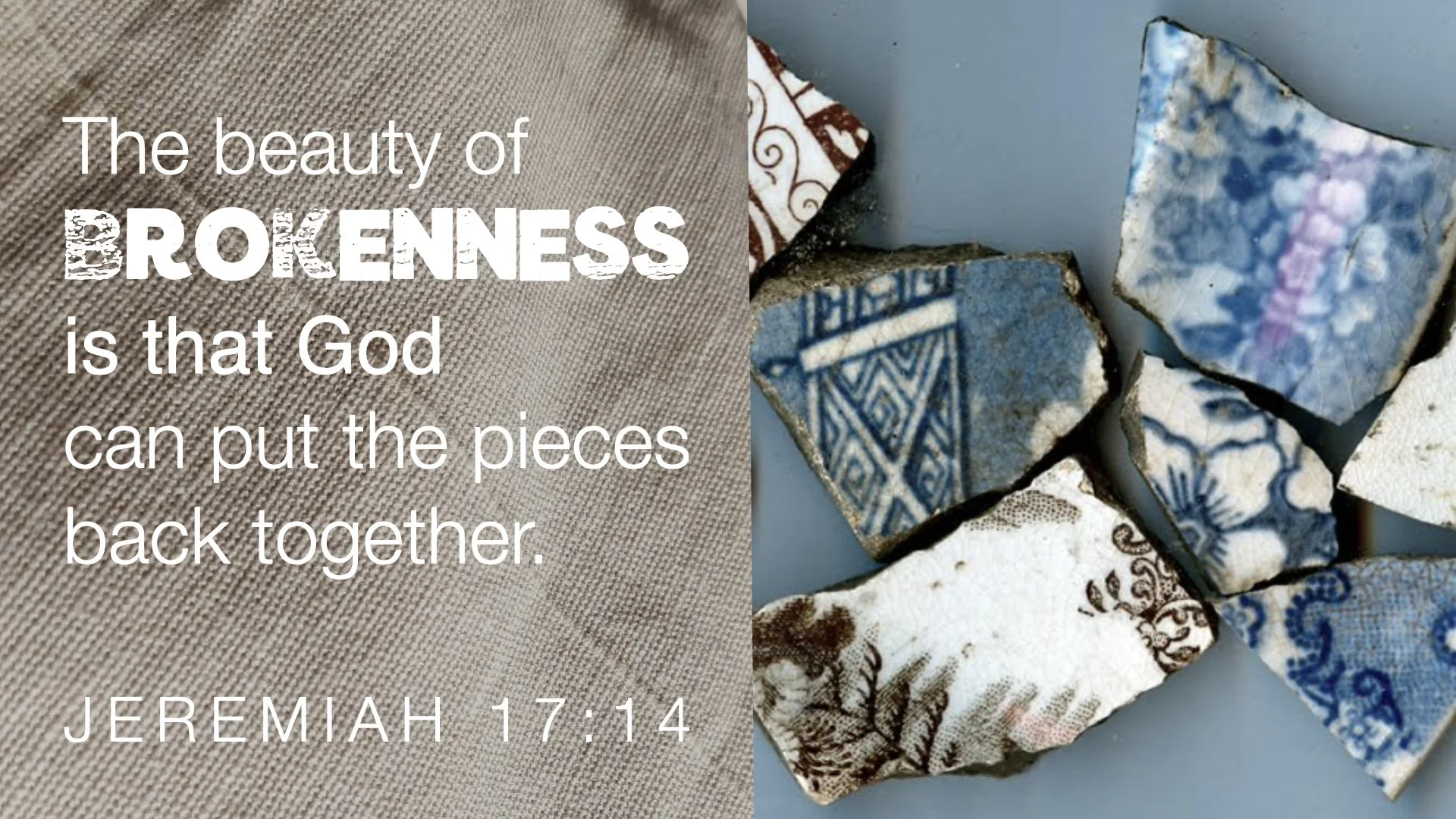Bethany's "movie group" was enjoying lunch Tuesday after seeing the film "The Last Supper" ... when the TV monitor at the restaurant began showing a historic moment. Everyone watched, transfixed, as the space capsule carrying astronauts—two of whom had expected their space stay to last just a few days, not months—splashed into the ocean near Florida.
Those watching were reminded of scenes from the movie they'd just seen, each having to do with water. The turning of water into wine. Disciples on the beach, feeding hundreds and hundreds of people with just a bit of bread and a few freshly caught fish. Jesus in a boat calming the storm.
The safe return home of astronauts was marvelous to behold. As were the curious and playful dolphins surfacing to check out what was happening in their neighborhood. Viewing this with fellow Christians seemed a blessing. Miracles abounding. Prayers answered. God's glory manifested in glistening waves, spirited animals and motivated humans.
On the last and greatest day of the Passover feast—which was depicted in the film—Jesus stood up and called out in a loud voice, “If anyone is thirsty, let him come to Me and drink. Whoever believes in Me, as the Scripture has said: ‘Streams of living water will flow from within him.'" (John 7:37-38)
More than 2,000 years later, miraculous and exciting things are still happening. And we are so fortunate to have as nourishment the living water that has the power to transform our lives ... and the lives of all we meet.
—Cathy Betts Sapunor


